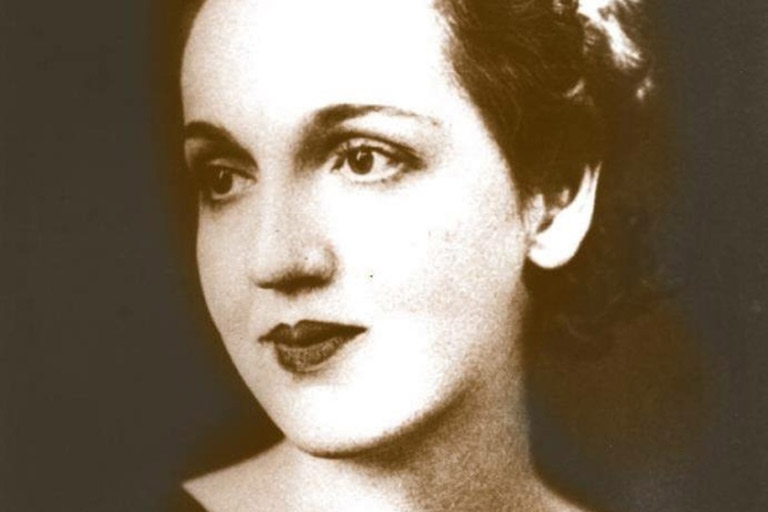Respectable Ladies?
Canadian historian El Chenier is exploring how a difficult economy affected the benevolent attitudes of young women in Montreal.
Shaken by economic struggles at the end of the 19th century and into the Great Depression, young elite women’s volunteering spirit often changed with the economic tide. When it was seen as unfashionable to hold lavish parties while poverty was on the rise, young women’s organizations such as the Montreal Junior League developed as a new outlet for social advancement.
“Motivated by status, not by altruism,” Chenier suggests, “many League members regarded their volunteer work as an inconvenient obligation, or, at best, an act of benevolence.”
The volunteer work was an important step for young women looking to climb the social ladder in Montreal. As their social calendars emptied from the dearth of charity balls, denying them access to preferable suitors, Junior League members gravitated towards volunteering at the local hospital which was seen as safer and far more helpful given the number of eligible young doctors and medical students.
“Because patients were sick, Leaguers were not forced to engage with the ‘undeserving’ poor in ways other volunteer positions required. They needed only to be sympathetic toward patients’ illnesses, not toward their overall life situation.”
The research is particularly interesting given the emphasis in schools and communities on volunteer spirit, and should cause most Canadians to reflect on their own attitudes towards volunteering.
For some, it is the ameliorating effect for their local community or one abroad; for others, it is peer pressure and to be seen as doing the right thing by the right people.
Young women and young men continue today to climb the social ladder through volunteerism as it remains an important and often mandatory step to graduating from high school and beyond.
Themes associated with this article
Advertisement




